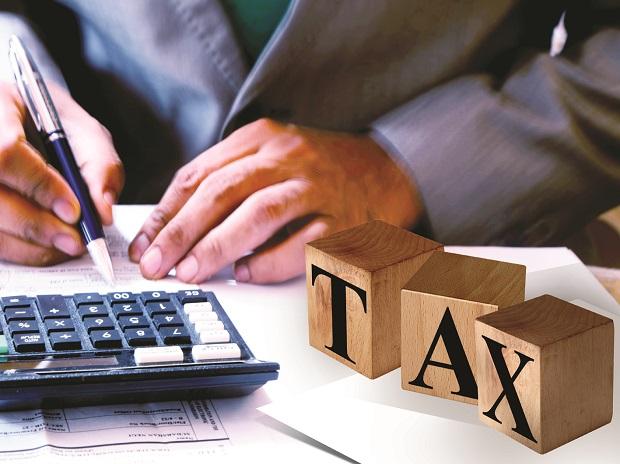WHAT IS INDIRECT TAX

Indirect Tax
An indirect tax is one that is not paid directly by a person to the government but collected by an intermediary and passed on to the government. Indirect taxes are imposed on goods and services on the basis of production, supply, sale or purchase of products or provision of services, in the form of goods and services tax (GST).
GST, rolled out in 2017, replaced various indirect tax laws that previously existed in India, such as import and export duty, excise, sales tax, value-added tax (VAT), service tax, entertainment tax, electricity duty, tax on passenger fares, freights etc.
How are indirect taxes collected?
An indirect tax is collected from the consumer by an intermediary, such as manufacturer, trader or service provider. The intermediary files a tax return and forwards the tax proceeds to the government with the tax return. The consumer bears the final economic burden of the tax by paying more for the product.
By comparison, direct taxes are imposed on persons and collected by the government directly from those on whom they are imposed.
In indirect taxation, the obligation of tax payment varies from one consumer to another, as these taxes are levied by the government on goods and services — not on the income, profit or revenue of an individual. These taxes can be shifted from one taxpayer to another. This is unlike direct taxes, which are borne by the person on whom the tax is levied.
What is GST?
GST was rolled out on July 1, 2017, as India’s most comprehensive indirect tax reform. It consolidated multiple indirect tax that existed previously into a single one. The implementation of GST aimed to make the indirect tax system more unified across the many states of the country. Read more... (https://www.business-standard.com/about/what-is-goods-and-services-tax)
Indirect Tax
INDIRECT TAX NEWS
-
 Interest settlement part of indirect tax scheme with some riders: HC
Interest settlement part of indirect tax scheme with some riders: HC
Tax authorities' order not allowing disputes arising out of interest payment for resolution quashed| December 19, 2022, Monday -
 Rationalisation in long-term capital gains tax structure on the anvil
Rationalisation in long-term capital gains tax structure on the anvil
The finance ministry is looking at rationalising long-term capital gains tax structure by bringing parity between similar asset ...| November 25, 2022, Friday -
 Removing IPC offences from GST Act will be welcome move: Experts
Removing IPC offences from GST Act will be welcome move: Experts
Proposal will reduce litigation for businesses but may lead to longer prison sentences, they say| November 21, 2022, Monday -
 Top headlines: Celebs under scanner for GST evasion, Meta lays off 11,000
Top headlines: Celebs under scanner for GST evasion, Meta lays off 11,000
Business Standard brings you the top headlines this hour| November 10, 2022, Thursday -
 'Not supply': AAR rules out GST on canteen fees, notice period pay
'Not supply': AAR rules out GST on canteen fees, notice period pay
The announcement by the AAR bench came after the clarifications issued by the Central Board of Indirect Taxes and Customs (CBIC) ...| October 25, 2022, Tuesday -
 Like imports, exports to soon have a single window clearance system
Like imports, exports to soon have a single window clearance system
Several export consignments need to be checked by various regulatory agencies like drug controllers etc, all these will be ...| October 21, 2022, Friday -
 Packaged parathas, unlike chapatis, to attract 18% GST, says GAAAR
Packaged parathas, unlike chapatis, to attract 18% GST, says GAAAR
Vadilal Industries had appealed that the 8 varieties of parathas it makes should all draw the same rate as chapatis| October 13, 2022, Thursday -
 Direct tax mop-up rises 24% YoY to Rs 8.98 trillion in FY23 so far
Direct tax mop-up rises 24% YoY to Rs 8.98 trillion in FY23 so far
Refunds amounting to Rs 1.53 lakh crore have been issued between April 1-october 8, an increase of 81 per cent over the ...| October 09, 2022, Sunday -
 Govt bans mapping and export of sensitive locations under data regime
Govt bans mapping and export of sensitive locations under data regime
The central government has released a list of economic and national security-related strategic and sensitive locations that ...| September 27, 2022, Tuesday -
 Govt slashes windfall profit tax on domestic crude oil, ATF, diesel export
Govt slashes windfall profit tax on domestic crude oil, ATF, diesel export
The move follows moderation in the Indian basket of crude to $92.53/barrel on average in September compared with the August ...| September 16, 2022, Friday




